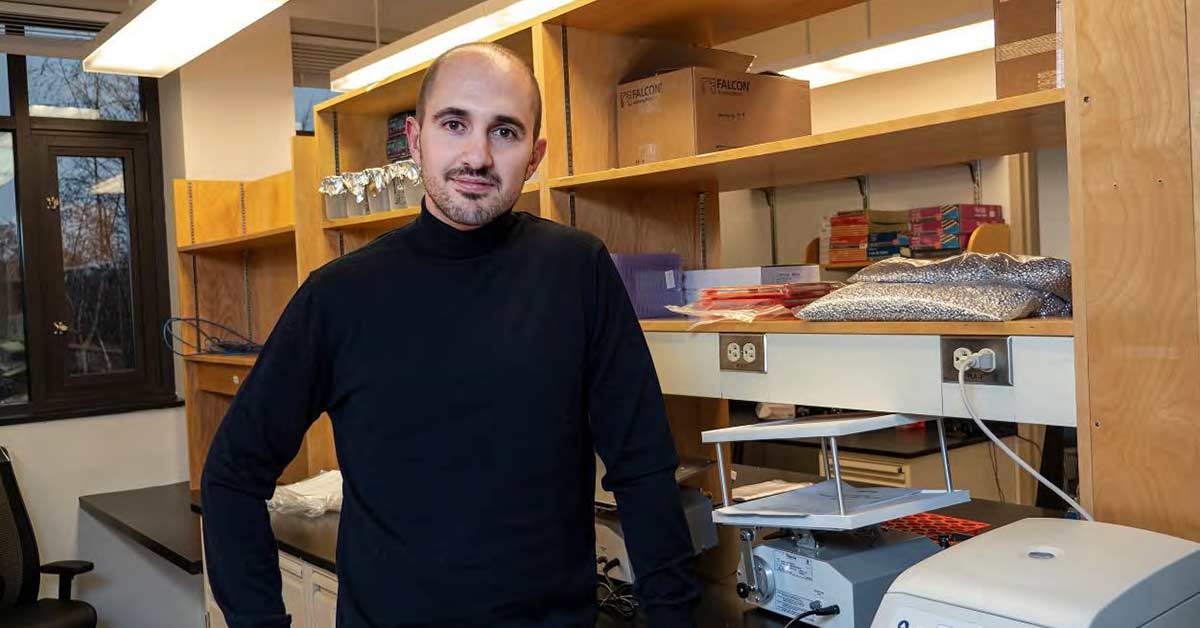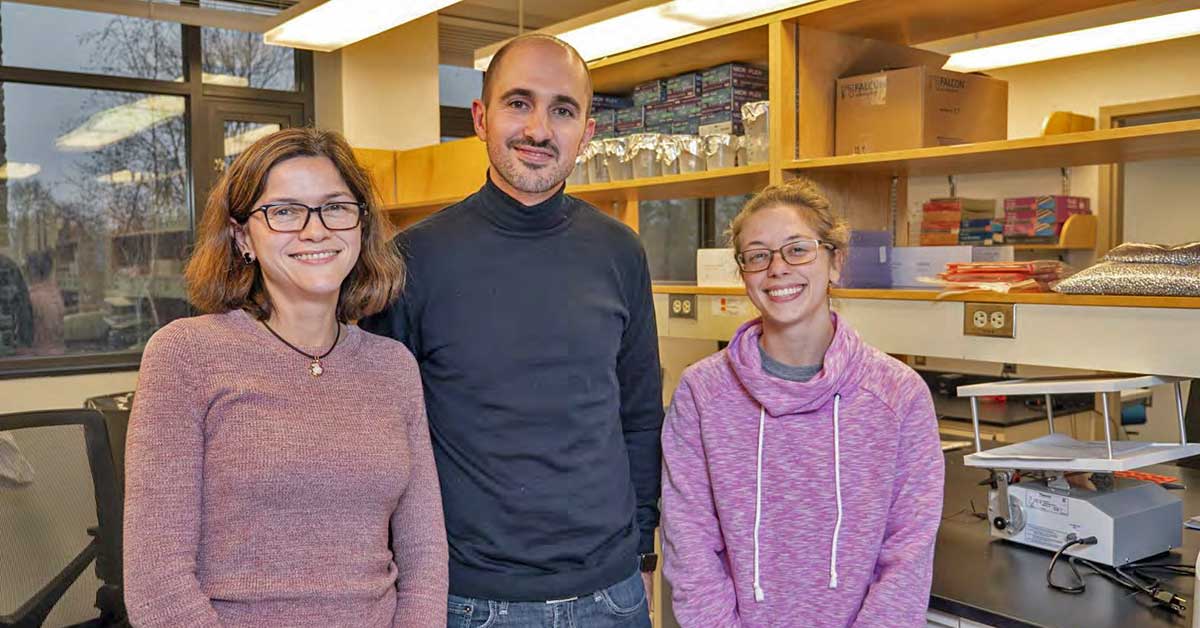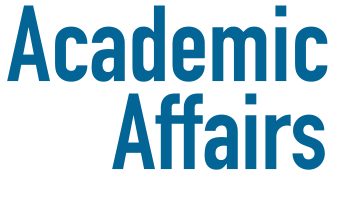
In the Spotlight: Israel Cañadas, PhD
-
by Alejandra Contreras, PhD, MSc
In the middle of his freshly painted office, surrounded by boxes, new equipment, and stacks of paperwork sits Dr. Israel Cañadas, a new faculty member in the Blood Cell Development and Function (BCDF) Program at Fox Chase Cancer Center (FCCC). On a chilly day in January we learn about his journey from humble beginnings as an inquisitive, precocious boy in Spain to driven cancer researcher in search of the next big leap forward in cancer therapy.
From humble beginnings
Dr. Cañadas began his journey to becoming an assistant professor in Spain, where he is from, driven by an innate curiosity to investigate the natural world around him. During his childhood, he enjoyed playing with dinosaurs, and his toy microscope, which he used to observe plants from the forest, and he dreamed of celestial body movement as he played with his planet models. It was in high school when he performed his first research project with the objective to study a frog’s anatomy through dissection. As a result, Israel started to understand how organs work as part of an entire system, similar to how they work within many other animals including humans.
A dream takes shape
Encouraged by his teachers, Dr. Cañadas studied Biology in college and decided to pursue a Ph.D. degree. He received a Ph.D in Biomedicine from Pompeu Fabra University in Barcelona, Spain, under the supervision of Dr. Edurne Arriola, where he achieved his dream of working in the cancer field. Through Dr. Arriola’s mentorship and support, Israel developed a passion for studying cancer, particularly small cell lung cancer (SCLC) and translating his findings to the clinic to ultimately find a cure for patients.
Taking the road abroad
Supported by his wife and motivated by his passion for cancer research, Dr. Cañadas decided to come to the US to complete his postdoc training in the Department of Medical Oncology at the Dana Farber Cancer Institute. In a positive and optimistic environment working with Dr. David Barbie, his mentor at Dana Farber, Israel focused his efforts on translational oncology. He worked on identifying novel targets for cancer therapy and the mechanisms behind patient response to these therapies.
Giving back to the field
As part of his most recent discoveries, Dr. Cañadas identified a novel epigenetically regulated subclass of endogenous retroviruses that engages pathologic innate immune signaling in mesenchymal cancer subpopulations of SCLC, with potentially important implications for cancer immunotherapy. In addition, he is developing novel functional ex vivo organotypic 3D culture platforms. This innovative culture platform uses surgically resected murine and patient-derived tumor samples and incorporates features of the tumor microenvironment to model the dynamic response to immune checkpoint blockade, thus allowing the validation of promising therapeutic combinations. Using this sophisticated approach, he will be able to identify and characterize novel mechanisms of response and resistance to immunotherapy. Applying these cutting- edge platforms and using SCLC as a model, he has the desire to identify and characterize biological mechanisms by which intratumor heterogeneity may influence the tumor microenvironment and response to therapy, ultimately providing insights into tumor immunology and informing clinical strategies to improve immunotherapies not only in SCLC but also in other types of cancer.
Planning for a future at Fox Chase
Dr. Cañadas is pretty optimistic and excited about his career at FCCC moving forward. He is interested in continuing his work on SCLC, studying tumor immunity and the tumor microenvironment to develop immunotherapies. He is primarily interested in delineating mechanisms of tumor resistance to immunotherapy and in leveraging innate immune signaling pathways to break therapy resistance and restore immunogenicity. In addition, Israel’s research interests also include identification of predictive biomarkers to distinguish those patients who can benefit from new immunotherapies, contributing to the establishment of precision oncology. Israel expects a collaborative and productive working environment with the scientists and staff of the BCDF Program, as well as with medical doctors from the FCCC Hospital to accomplish his ultimate goal: to cure cancer.
With a big smile on his face, Israel advises us to enjoy the scientific work we do daily and tells us to realize how important and unique it is to do science, especially when the knowledge learned can benefit the health of cancer patients. Israel’s career will be centered on identifying new therapeutic opportunities and his passion for science will drive improving overall patient health.

Drs. Alejandra Contreras, Israel Cañadas, and Bailee Sliker. Photo by Tom Stephano. A NOTE ABOUT THE AUTHOR
Alejandra Contreras, PhD, MSc, is a Postdoctoral Fellow in David Wiest’s Lab. She is passionate about human genomics as a way to achieve robust and cost- effective means of preventing, diagnosing, and treating complex diseases, such as cancer. She aims to continue working in functional genomics in humans in the future.
Keep up to date with Dr. Cañadas's research by following him on Twitter (@Isra_canadas) and visiting his lab’s website: https://www.foxchase.org/israel- canadas
Originally published in th Fox Chase Cancer Center Postdoc Alumni Newsletter, Issue 5, June 2020

